What is Section 194A of Income Tax Act, 1961?
According to section 194A of income tax act, every assessee is liable to deduct tax at source on interest other than interest on securities. Here, every assessee includes taxpayers who are liable for a tax audit. Further, the provisions of section 194A are not applicable to an assessee being an individual or Hindu undivided family. The interest here includes interest on fixed deposits investment, interest on loans and advances other than those given by the banks, etc.
Section 194A TDS on interest is applicable only to a resident. This implies that the provisions of section 194A are not applicable in the case of payment of interest to a non-resident. The payment of interest to a non-resident is covered by the provisions of section 195 of the Income Tax Act, 1961.
When does TDS under section 194A of Income Tax Act need to be deducted?
Tax is required to be deducted by the payer in case interest is paid or credited or likely to be paid or credited in a financial year exceeds:
- Rs. 40,000, in a case where the payer is:
- A banking company
- A co-operative society engaged in the banking business.
- Post office and interest is paid or credited in respect of any deposit under the notified schemes.
- The limit for senior citizens is Rs. 50,000 for a, b and c respectively.
- Rs. 5000 in any other case.
When is tax deducted at a nil rate or lower rate?
There are two possible scenarios under which tax can be deducted at a lower or a nil rate:
Scenario- 1
No tax is deducted by the payer if a declaration or a certificate has been submitted by the recipient of income in form 15G/15H under section 197A of the income tax act. It is to be ensured that the PAN submitted by the payee is correct. Below are a few other conditions that need to be satisfied:
- The tax on the total income of the assessee for the previous year is NIL.
- A recipient is a person other than a company or a firm.
- The total income does not exceed the exemption limit applicable to the assessee. For example, in the case of an individual below the age of 60, the total income should not exceed Rs. 2,50,000.
- The form needs to be submitted in duplicate by a senior citizen. It is to be noted that form 15H is applicable in the case of a senior citizen only.
- Post submission of the form, the payer, say bank while crediting the interest to the account of the assessee will not deduct any tax.
Scenario- 2
If an application is submitted under section 197 of the Income Tax Act in Form 13.
- As per the said section, the recipient can apply in form 13 to the assessing officer for a lower rate of deduction on the income, if certain conditions are met. Once the certificate is granted, it is issued to the payer of income. This certificate can be furnished by the recipient to any person responsible for paying the income to deduct tax either at a lower rate or not deduct at all.
What is the rate of TDS under section 194A of Income Tax Act?
TDS rates applicable under section 194A are below:
- In case PAN is provided by the assessee, the tax rate is 10%. The rate is 7.5% from 14th May 2014 till 31st March 2021 as a COVID-19 relief measure.
- In case PAN is not provided by the assessee, the tax rate is 20%.
It is to be noted that no surcharge or health & education cess will be added to the above TDS rates. Hence the tax will be deducted at the basic rates provided in the section 194A.
What is the time limit for depositing TDS u/s 194A?
Tax Deducted during the month of April to February is to be deposited on or before the 7th of next month. Tax Deducted in the month of March is to be deposited on or before 30th April.
Recommended Read: TDS on Rent












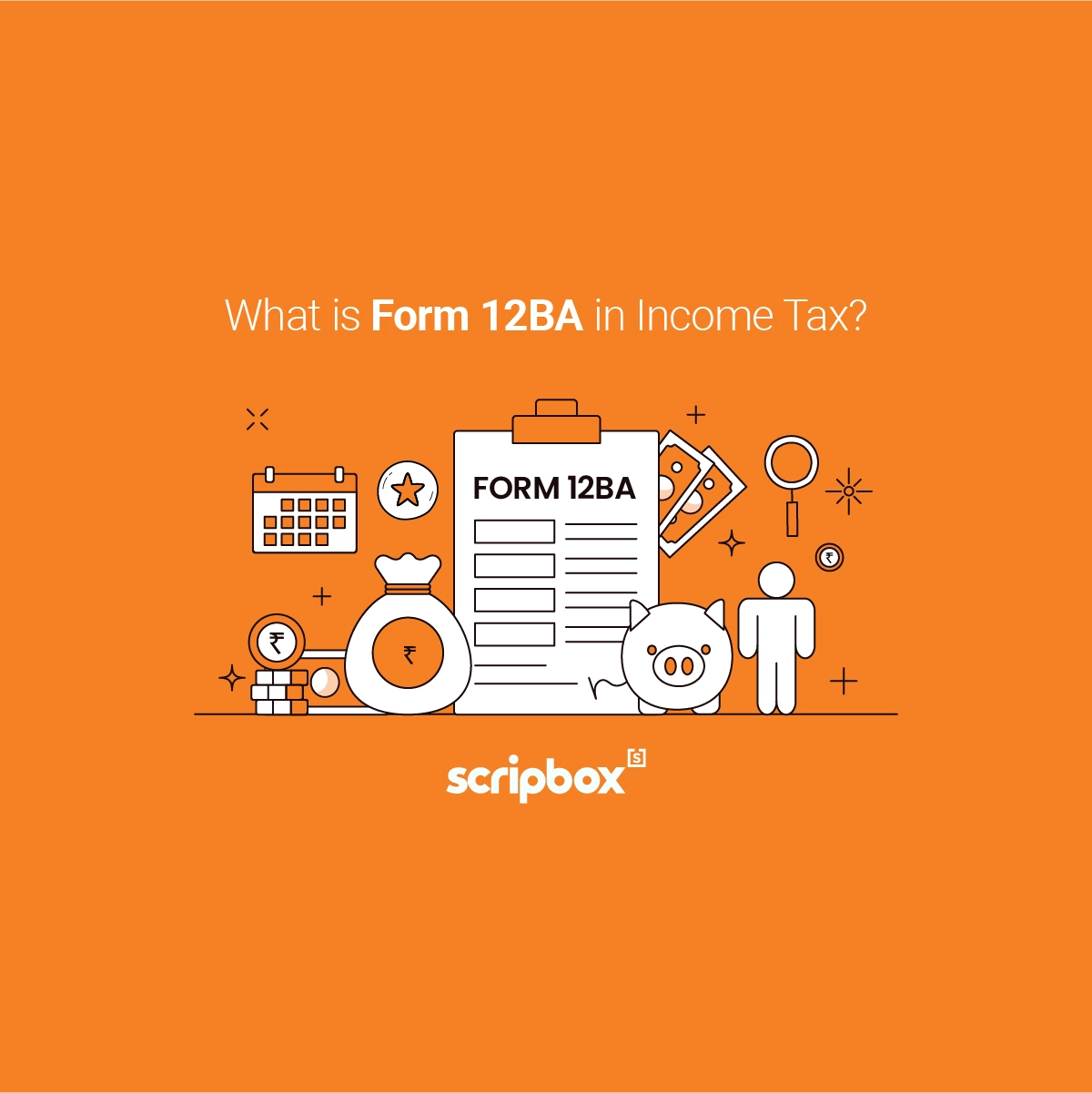
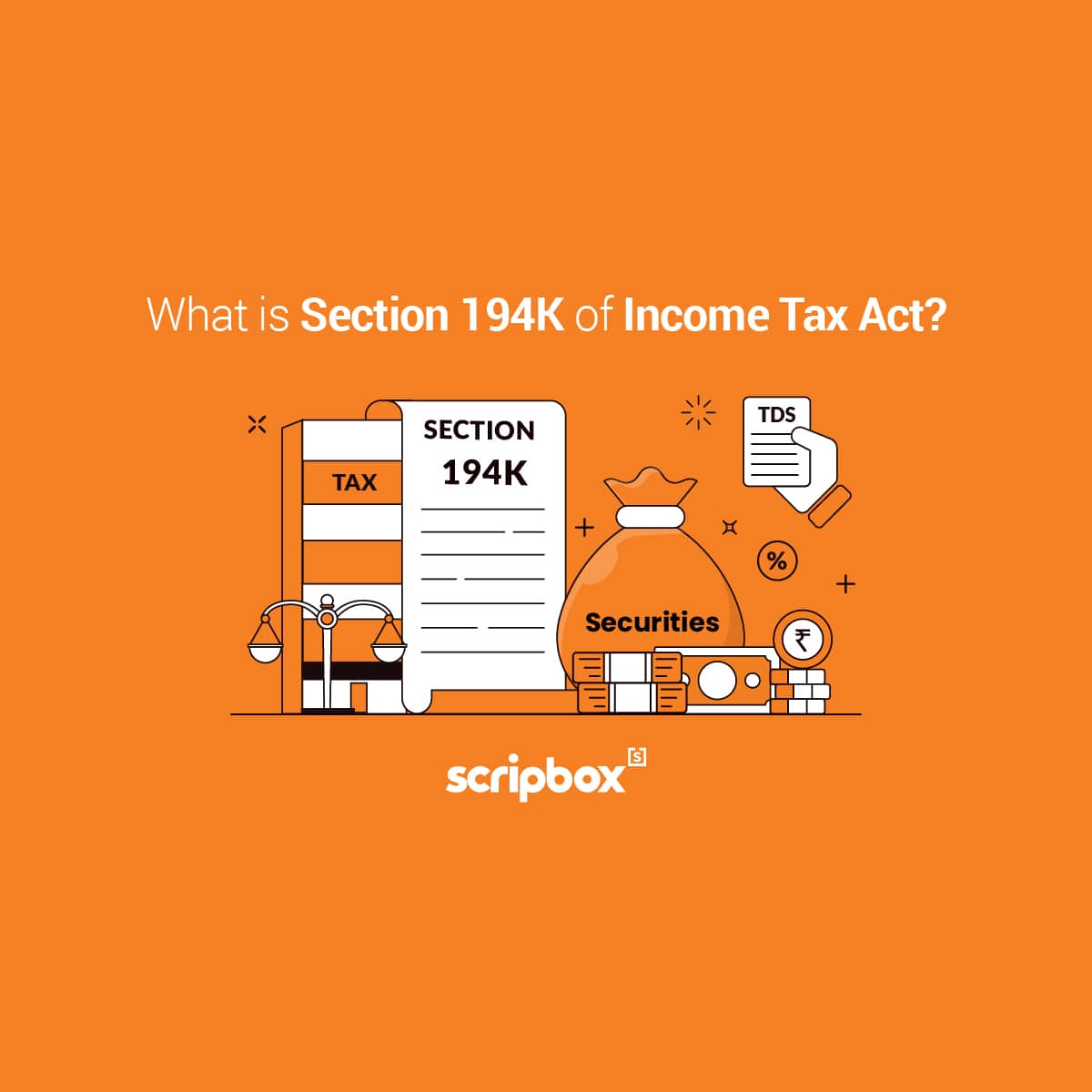
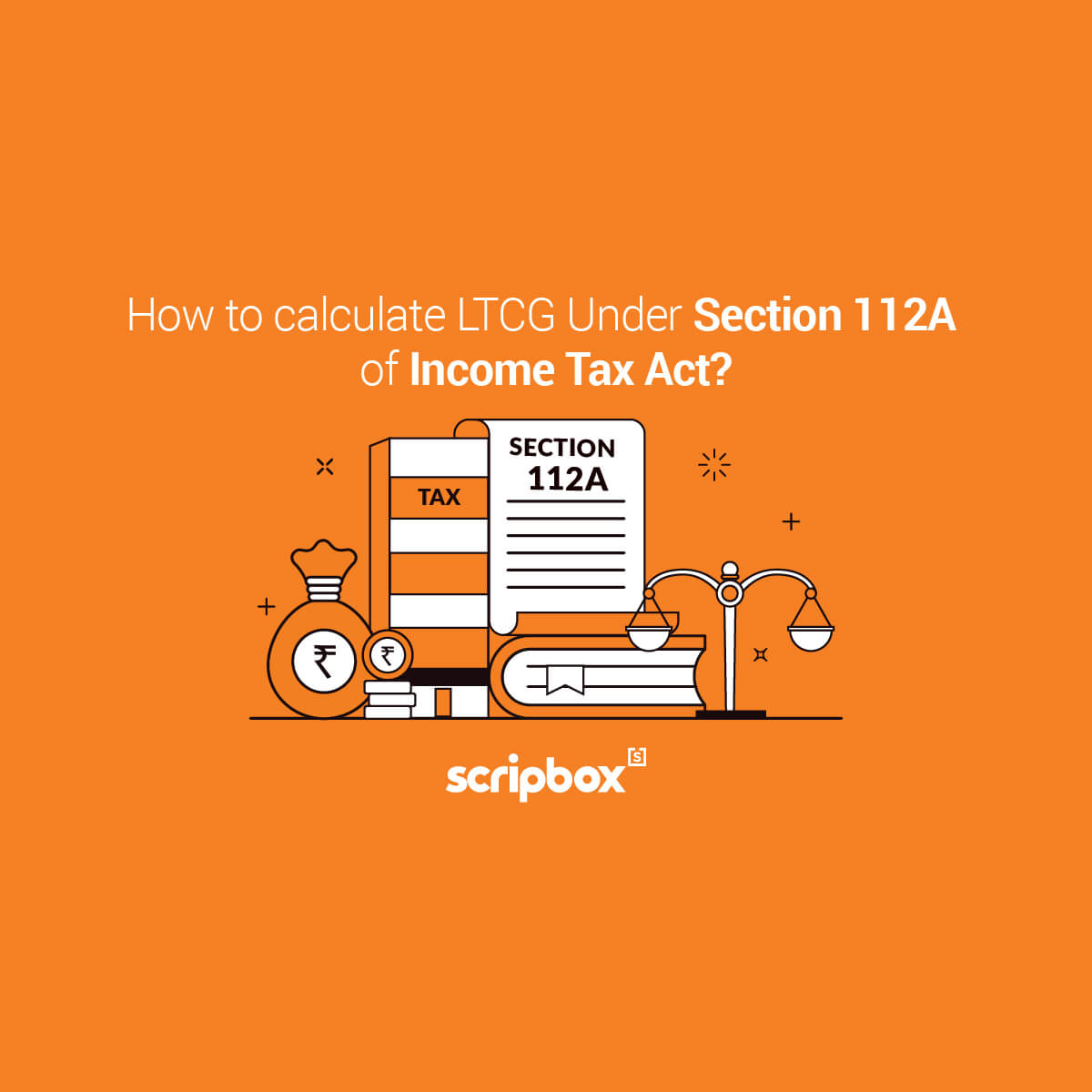
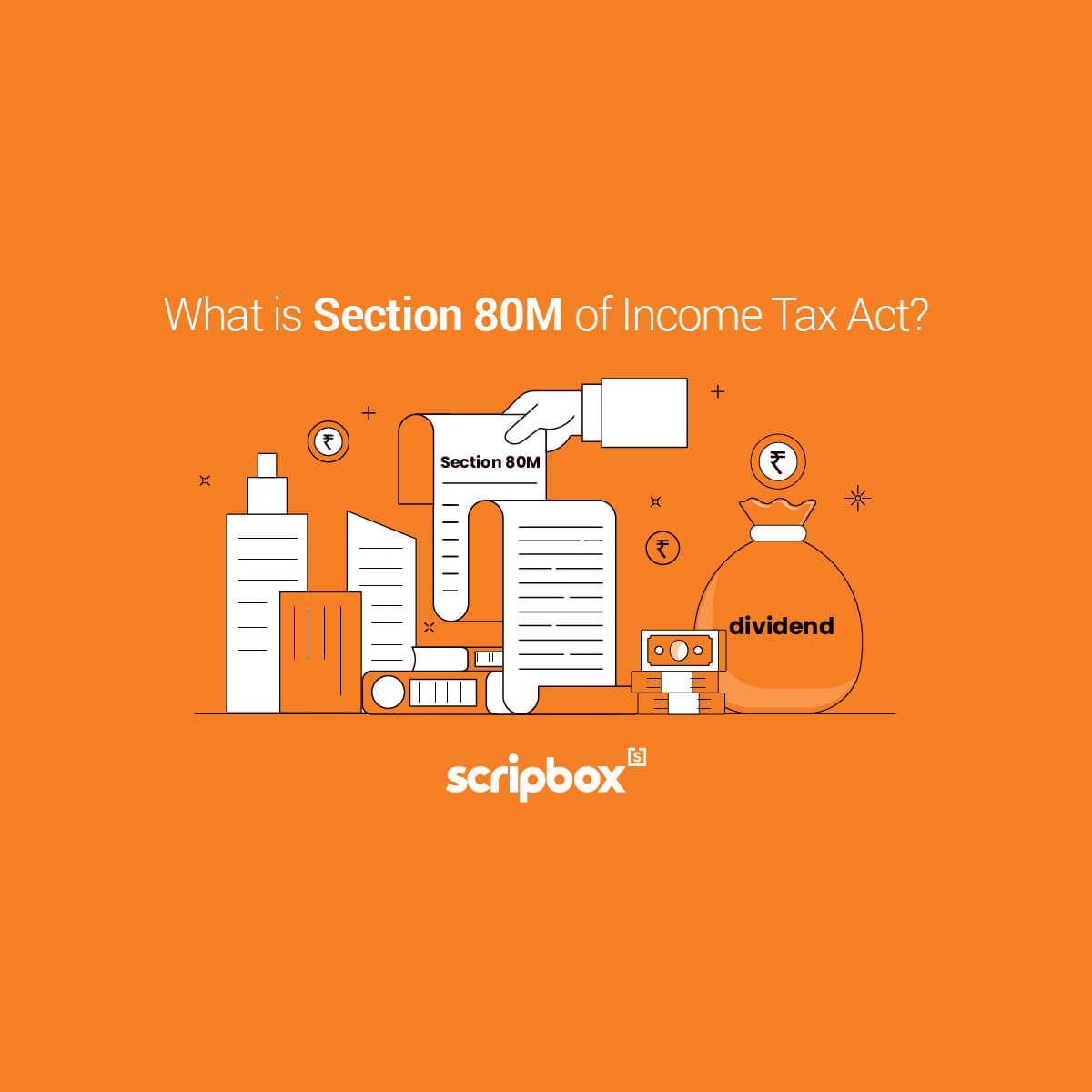
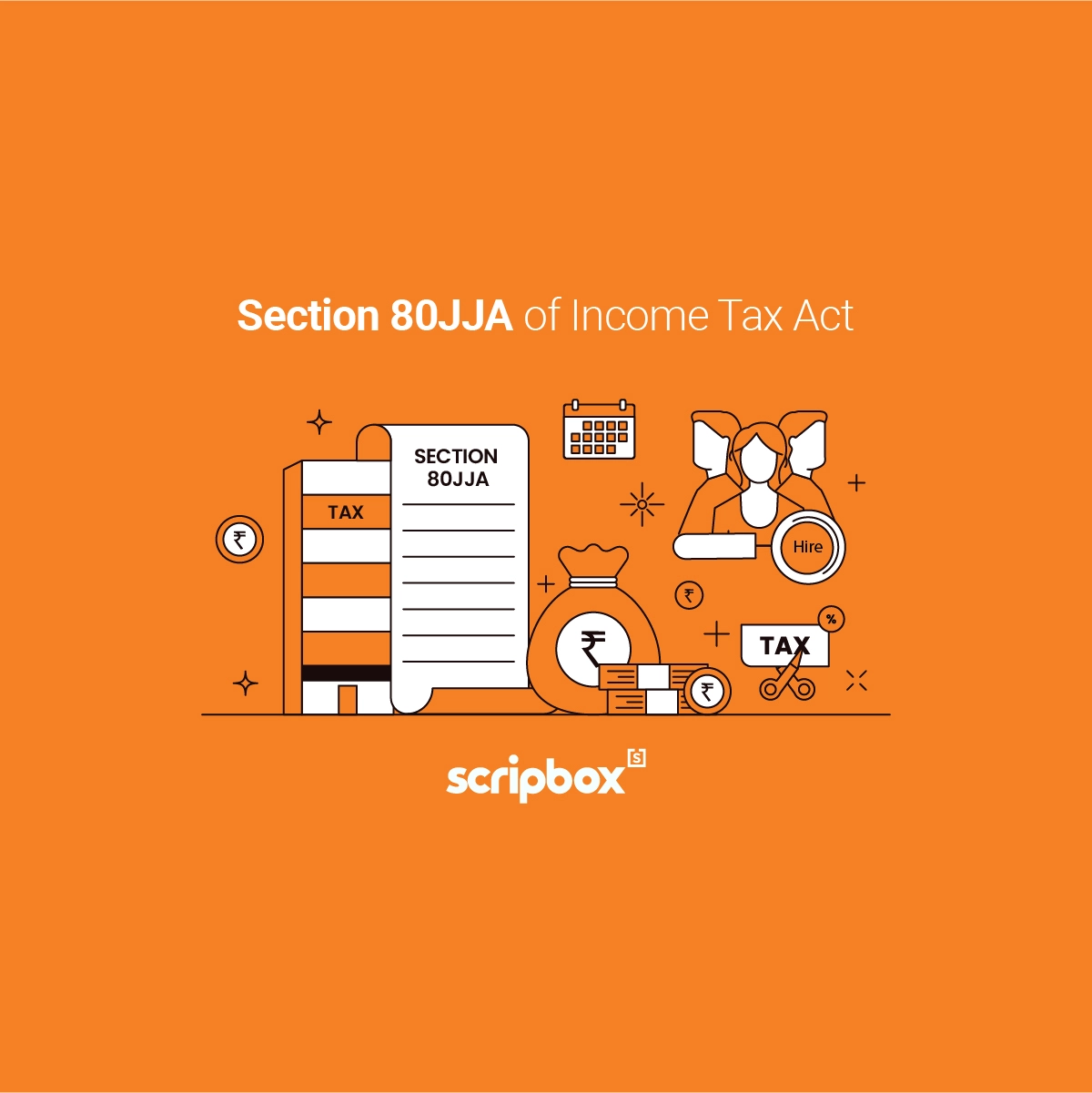
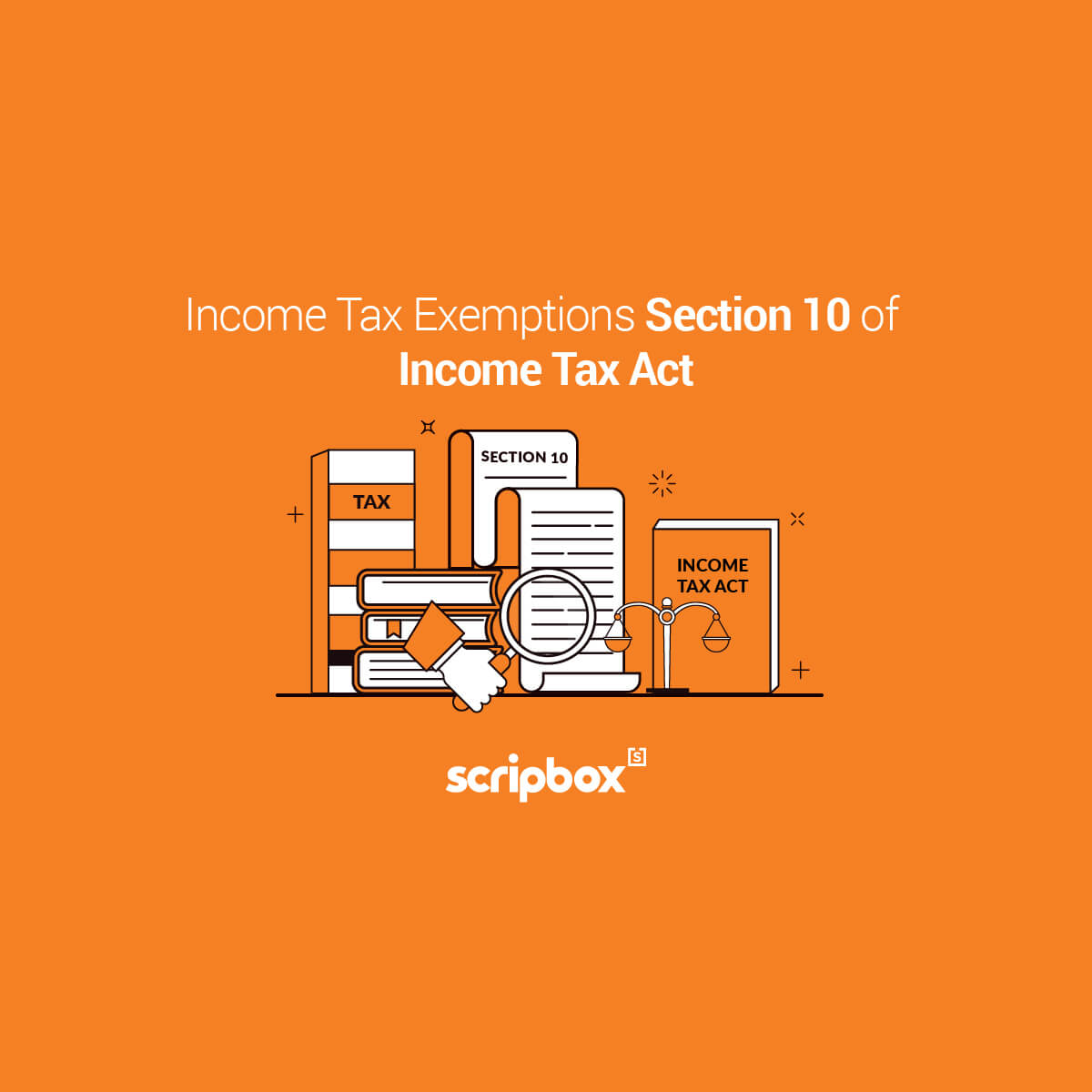






Show comments